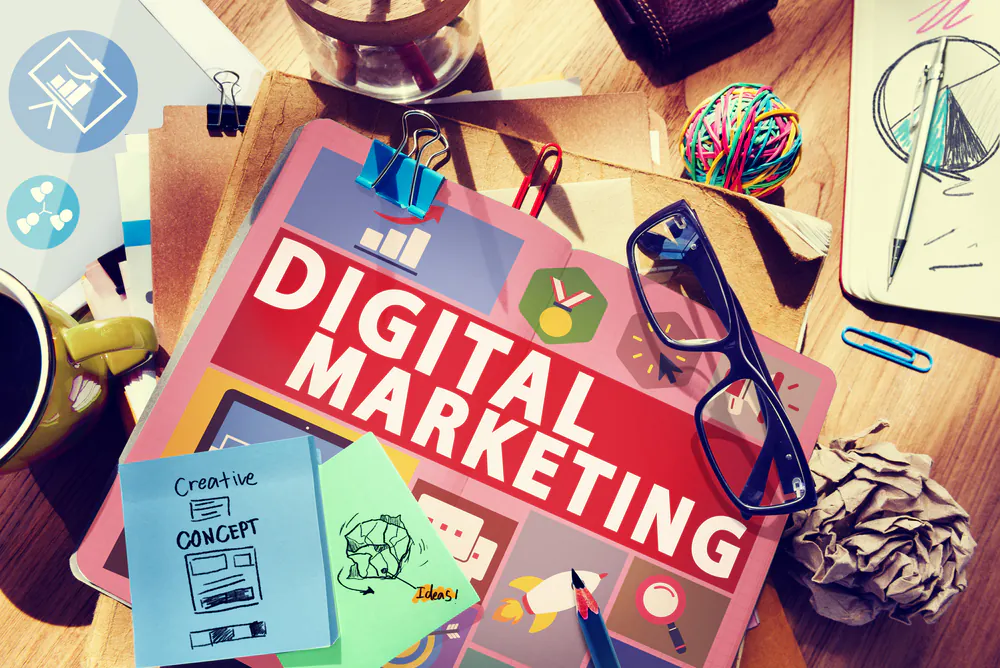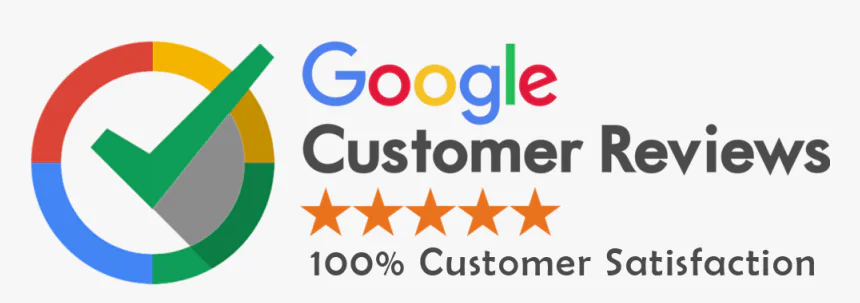Running a digital marketing campaign requires a clear strategy, smart tools, and a strong understanding of your audience. To stay ahead of competitors, businesses must follow structured, practical methods that work. Below is a complete, easy-to-follow guide for building an effective and result-driven marketing campaign.
Set Clear and Measurable Campaign Goals
Start by defining what your campaign aims to achieve. Clear goals give direction and help track progress.
Use SMART goals:
- Specific: Define what exactly you want.
- Measurable: Track with data and metrics.
- Achievable: Keep goals realistic.
- Relevant: Align with your business needs.
- Time-bound: Set deadlines for every phase.
Understand and Segment Your Target Audience
Identify your audience and divide them into groups based on:
- Age, gender, and location
- Interests and online behavior
- Purchase habits and needs
Tools like Google Analytics and Facebook Insights help you segment audiences for targeted messaging.
Build a Strong Content Marketing Strategy
Create a content calendar with:
- Blog articles to educate
- Videos for engagement
- Infographics to explain data
- Emails for updates and promotions
- Social media content for connection
Match content to each stage of the buyer journey: awareness, consideration, and decision.
Collect, Analyze, and Use Customer Data
Gather data from:
- Website behavior
- Social media engagement
- CRM tools and email campaigns
Respect privacy and use data to refine your strategy, personalize outreach, and increase conversions.
Read Also: Top 8 Digital Marketing Trends
Personalize Messages Across All Channels
Boost engagement with personalized content:
- Use customer names in emails
- Recommend relevant products or services
- Follow up based on behavior (e.g., downloads or clicks)
Use Marketing Automation Tools Efficiently
Save time and maintain consistency with tools like:
- Mailchimp for email campaigns
- Buffer for social scheduling
- Zapier for integrations
- HubSpot for CRM and workflows
Automate:
- Emails and responses
- Lead nurturing
- Social media posts
- Reporting and analytics
Develop a High-Performance Email Strategy
Build strong connections through:
- Clear and engaging subject lines
- Personalized offers
- Visual and mobile-friendly layout
- A/B testing for better results
Track open rates, click rates, and conversions.
Ensure Mobile Optimization of All Campaign Assets
Test mobile experience for:
- Loading speed
- Navigation and readability
- Form usability and click-to-call buttons
Use tools like Google Mobile-Friendly Test to catch issues.
Improve Website User Experience (UX)
Good UX means:
- Fast loading speed
- Clean layout and structure
- Easy-to-find information
- Strong call-to-actions
Check Google Core Web Vitals for performance insights.
Maintain and Update Your Website Regularly
An outdated site lowers trust. Regularly review:
- Design elements
- Product info and services
- Page SEO
- Internal linking and broken links
Use tools like Hotjar for visitor behavior and Search Console for SEO performance.
Leverage Paid Advertising to Speed Up Results
Use PPC platforms such as:
- Google Ads (Search, Display)
- Facebook/Instagram Ads
- YouTube and LinkedIn Ads
Set daily or monthly budgets, define your target audience, and track ROI.
Launch Retargeting Campaigns to Re-Engage Visitors
Bring back potential customers by showing ads to:
- Website visitors
- Email subscribers
- Cart abandoners
Use platforms like Google and Meta to set up effective retargeting ads.
Measure KPIs and Adjust Campaigns
Monitor these metrics:
- Click-through rate (CTR)
- Bounce rate
- Cost per lead (CPL)
- Return on ad spend (ROAS)
Use tools like Google Analytics 4, Meta Pixel, and your CRM to analyze performance.
Run A/B Tests for Better Campaign Decisions
Test variations of:
- Headlines and subject lines
- Images and layout
- CTA buttons and copy
Use results to decide what works best and apply changes.
Collaborate with Influencers and Affiliates
Extend reach through:
- Micro-influencers in your niche
- Affiliate programs with referral tracking
Offer value to their followers and reward referrals.
Highlight Social Proof and Real Experiences
Build trust by showing:
- Customer reviews
- Case studies and testimonials
- Photos and videos from real users
Feature this content across your site, emails, and ads.
Create a Clear Conversion Funnel
Structure campaigns using funnel stages:
- Top of Funnel (TOFU): Awareness content (blogs, videos)
- Middle of Funnel (MOFU): Interest and evaluation (guides, webinars)
- Bottom of Funnel (BOFU): Decision-making (offers, demos, calls)
Move leads step-by-step toward taking action.
Offer Self-Service Support Options
Help users solve issues quickly:
- Build FAQ pages
- Add chatbots
- Create help centers
- Enable user dashboards for self-management
Focus on Gen Z Behavior and Preferences
To engage Gen Z:
- Use short videos (TikTok, Reels)
- Be authentic and transparent
- Communicate in real-time (DMs, stories)
- Use bold, mobile-friendly visuals
Learn from Real Campaign Examples
Study successful strategies from:
- E-commerce stores
- Tech startups
- Local service providers
Identify patterns and ideas to apply in your campaigns.
Conclusion: Build Smarter, Stronger Campaigns
Running a successful digital marketing campaign takes planning, creativity, and continuous improvement. Set clear goals, understand your audience, provide value, and keep testing new ideas. With the right approach, your campaign can drive meaningful results and long-term growth that’s why people choose our Campaign.






